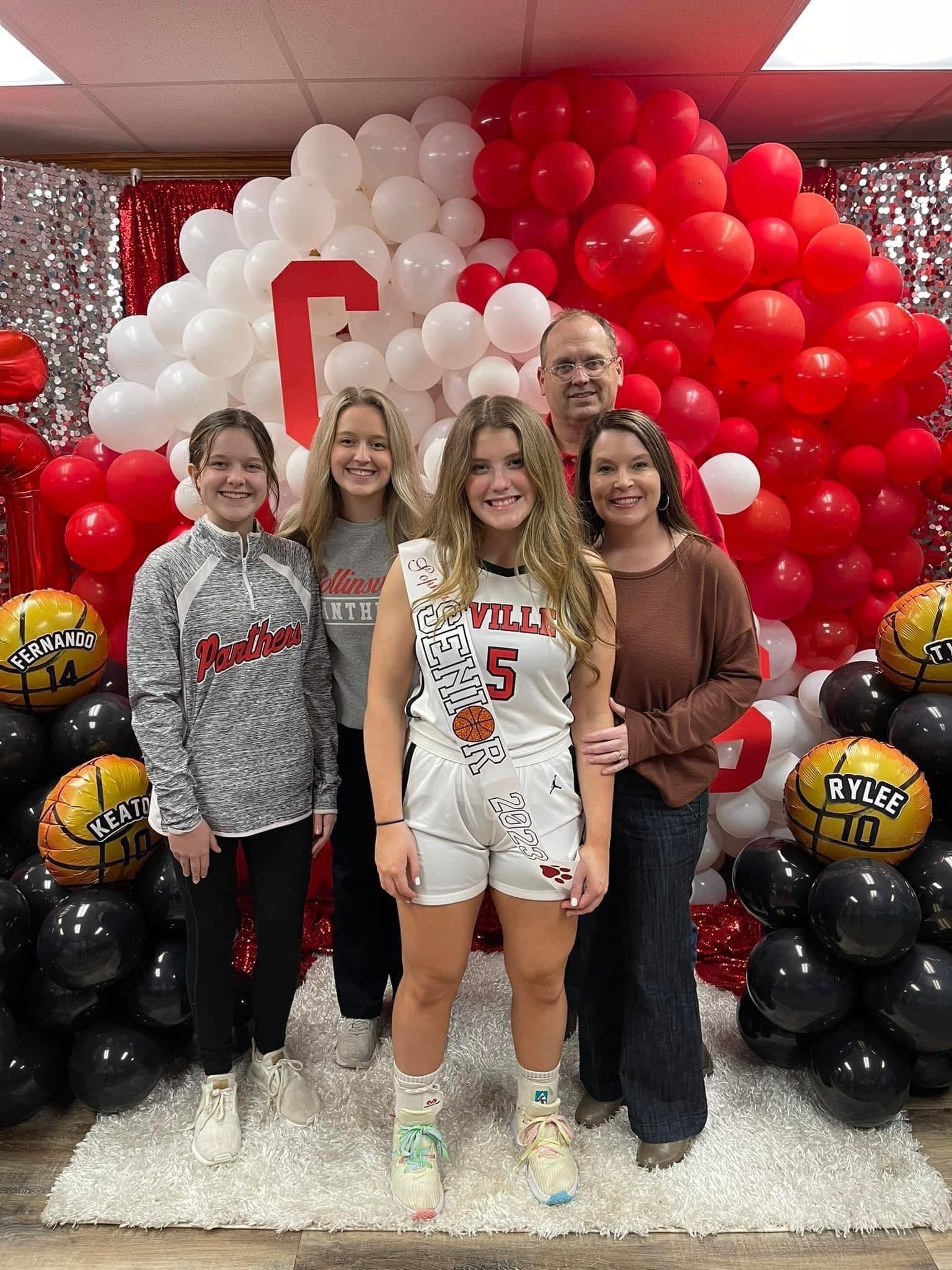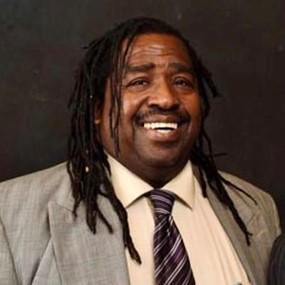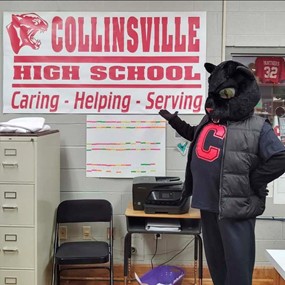The Future of Collinsville: One High School Senior’s Dream for Her Community
Sophie Wills, a senior at Collinsville High School, has lived in the same small town her whole life, and she wouldn’t have had it any other way. “I was raised by my town. Everybody knows who I am,” Sophie said with a smile, fondly recounting her experience living in a place where everyone knows everyone.

The traditions of Collinsville defined Sophie’s childhood from weekends with her friends eating corndogs at Trade Day, the largest flea market in Alabama, to eating greasy pizza from the gas station down the road on game days.
“A lot of our town is sports oriented,” she explained. “If you’re from Collinsville, if you play one sport, you’re going to play every sport. I play softball, basketball, and volleyball, and I cheered for a little bit.”
Though, as Sophie proudly claimed, Collinsville has more to do than some of the other towns in the area, she says sports are the foundation of most community life. Adult soccer leagues and little league baseball pass the time, but nothing compares to the support of Collinsville’s high school sports.
Recalling the time her basketball team went to the State Championship her freshman year of high school, Sophie said, “We had over 300 to 400 people come and watch our finals game just from Collinsville. We had the most support from any of the 2A schools, and that really is what made me enjoy sports as much as I did. I really didn’t care anything about volleyball or softball, but I do it for my school and my community.”
The child of Cory and Chad Wills with siblings Lily and Bella Wills, Sophie comes from a long line of Collinsville natives and her family has been front row to the evolution of Collinsville over generations. In Sophie’s lifetime, that includes the changing population of the town as a nearby chicken processing plant brought waves of new faces over the years to their quiet town, newcomers who didn’t speak the language or the culture of small-town Alabama.
“When my parents went to Collinsville High School it was mainly white. But the older we've gotten, more and more Hispanic immigrants have moved here, even in the surrounding towns, like Crossville and Fort Payne,” Sophie said.
“And I really do think that it helped because we were a lot smaller. I can't even imagine who would go to our school if there were no Hispanics here. I don't know how our school would have survived because there would be nobody here.”
According to Data USA, 60.6% of the population in Collinsville is Hispanic, which means 1,400 people in Collinsville are Latin American immigrants or their children.
Collinsville depends on the Hispanic population to maintain the very traditions of Collinsville. “It makes me happy to see the kids get involved… because if they don’t get involved and play sports, the programs won’t stay alive,” Sophie said.
It is impossible to imagine Collinsville without its sports, its school, its people, she added.
Sophie, who plans to attend the University of Alabama next fall, said that connection and her deep roots in the community will bring her back home to Collinsville after she finishes college.
She will be a minority as Alabama continues to deal with the “rural brain drain” that lures college-educated students away from the state in search of better opportunities.
A survey conducted by the Alabama Commission on Higher Education (ACHE) among students of the University of Alabama discovered only “one third of 8,000 students said they planned to stay in Alabama after graduation.”
But for Sophie, it’s simple. She said, “Every single one of my family lives here, and I love my community. I love my school. Coming from a small community, I think if you’re aware of how your community works, you’ve got to remember that it’s not something that you can just leave behind. No matter where I go, I will always be from here. If I leave and just don’t come back, it’s just harder for my community to survive.”
Tags: Collinsville



